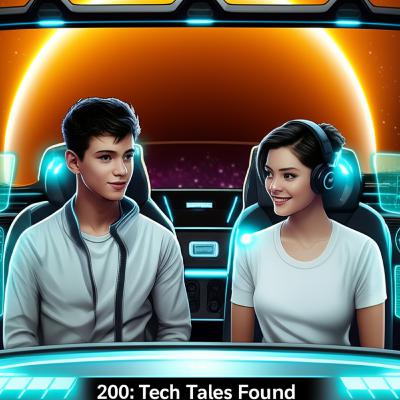WinterCMS: When a Software Paywall Sparked a Digital Rebellion
Description
This story traces the dramatic transformation of WinterCMS from the ashes of OctoberCMS, a once-beloved open-source content management system. For years, OctoberCMS was a cornerstone of the web development community—praised for its simplicity, flexibility, and commitment to open-source principles. Built on PHP and Laravel, it empowered freelancers, small businesses, and nonprofits to create websites affordably and efficiently. However, in 2021, its creators abruptly shifted to a commercial licensing model, requiring payment for new projects and updates. This move, though framed as a move toward sustainability, was perceived by many as a betrayal of the open-source ethos, sparking widespread outrage. Developers and users who had contributed time, code, and trust felt blindsided, especially those relying on the platform for their livelihoods. In response, a coalition of community members initiated a ’fork’—a new, independent version of the software—named WinterCMS. This wasn’t just a technical copy; it was a principled stand to preserve the original vision of a free, transparent, and community-driven CMS. The fledgling project faced immense challenges: limited resources, skepticism about long-term viability, and the need to build infrastructure from scratch. Yet, fueled by volunteer effort, donations, and deep community engagement, WinterCMS not only survived but evolved. It prioritized backward compatibility, enabling seamless migration for existing users, while refining performance, security, and developer experience. Over time, it established itself as a robust, independent platform with a vibrant ecosystem of plugins, themes, and contributors. Today, WinterCMS thrives as a testament to the resilience of open-source values, offering a sustainable alternative for those seeking digital autonomy. It powers diverse websites—from small business portfolios to nonprofit platforms—without licensing fees, directly supporting economic accessibility and innovation. In contrast, OctoberCMS continues under its commercial model, serving a different segment of users. The split underscores a broader tension in the tech world: the balance between project sustainability and community trust. WinterCMS stands as a powerful example of how ethical considerations in software licensing can galvanize collective action, proving that when a community unites around a shared ideal, it can not only resist corporate shifts but also build something enduring, inclusive, and truly open. Its legacy is not just in code, but in reaffirming that the digital commons can be reclaimed and sustained by the people who depend on it.





